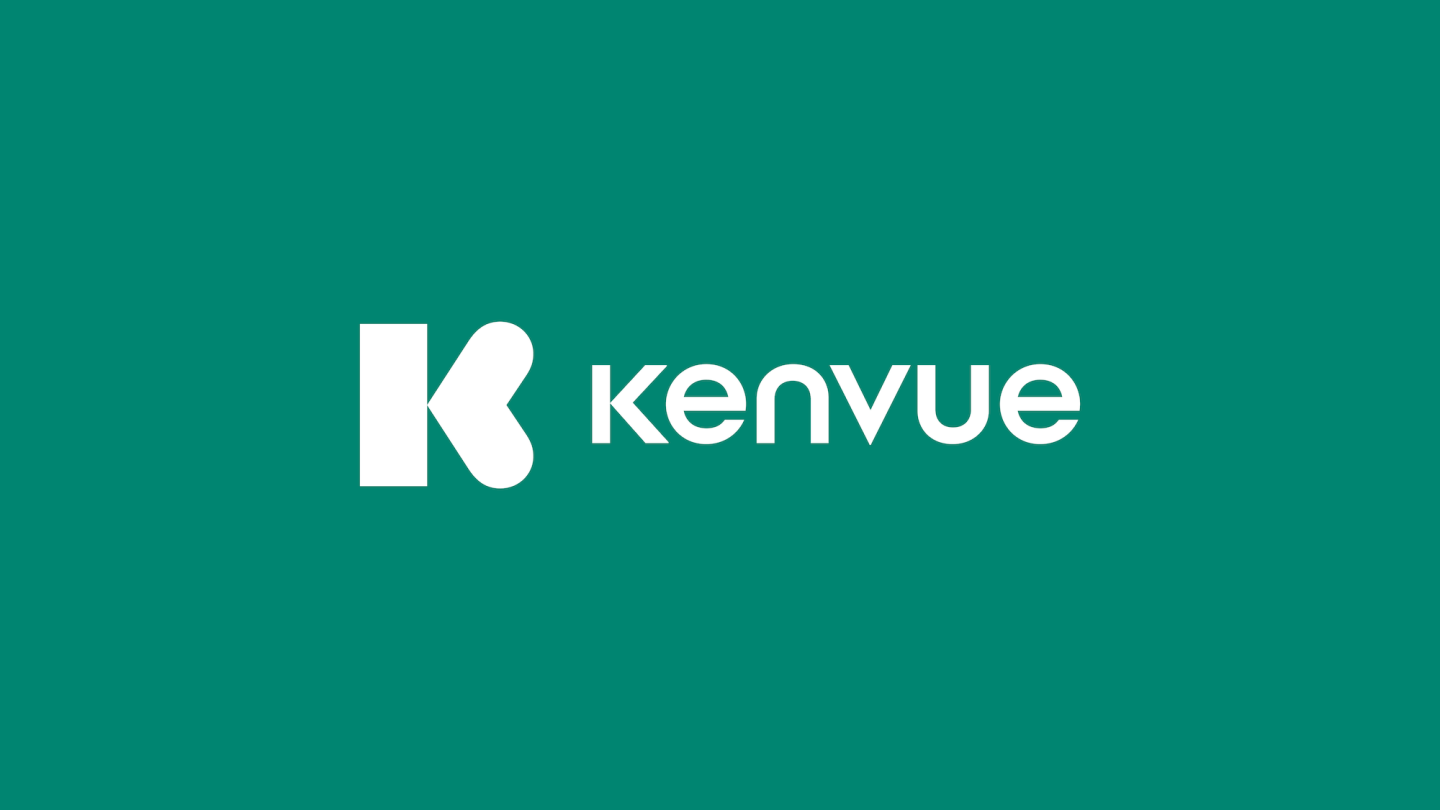J&J sets top price for consumer health unit Kenvue’s IPO

Johnson & Johnson’s consumer health unit Kenvue looks set to raise $3.8 billion in an upsized initial public offering (IPO), valuing the business at around $41 billion and making it the biggest public listing in the US in nearly two years.
J&J set the price for the IPO at $22 per share, towards the top of its predicted range of $20 to $23, and ended up selling around 173 million shares, up from an earlier estimate of 151 million. The oversubscribed round comes against a backdrop of very little IPO activity in the US, across all business sectors.
Kenvue’s stock has been approved for listing on the New York Stock Exchange (NYSE) under the KVUE ticker, and is expected to begin trading today, with IPO eventually closing next Monday. J&J will own 1.7 billion shares, giving it a stake of around 91% in the spin-off company, with the stock expected to be distributed to its shareholders later this year.
Most of the proceeds from the offering will go to J&J, but Kenvue will start life as a publicly-listed company, with around $1.17 billion in cash and cash equivalents from the IPO.
J&J first announced its intention to separate consumer health from its faster-growing prescription medicine and medical device businesses in 2021, creating a separate company that will be home to well-recognised brands, including Band-Aid dressings, Johnson’s baby range, Listerine mouthwash, and Tylenol painkillers.
In a prospectus filed with the stock exchange ahead of the IPO, Kenvue said it will now be the world’s largest pure-play consumer health company by revenue with $15 billion in sales in 2022, predicting 3% to 4% sales growth through 2025. It reported net income of $1.5 billion last year.
The company is led by Thibaut Mongon, a J&J veteran who has been with the company since 2000 and previously served as the executive vice president and worldwide chairman of the consumer health unit.
The spin-off leaves J&J as a considerably smaller company, with annual sales of around $80 billion across its pharma and medical device units. It is a big change of direction for the group, which for decades held that its diversified structure had helped it weather periods of volatility in the markets it serves. It now says the separation will allow both companies to be “more agile, focused, and competitive.”
Kenvue’s debut is the largest in the US since electric car maker Rivian closed its IPO in November 2021, and has raised hopes it could signal an uptick in the stagnant market for public listings in the US amid the economic downturn.













